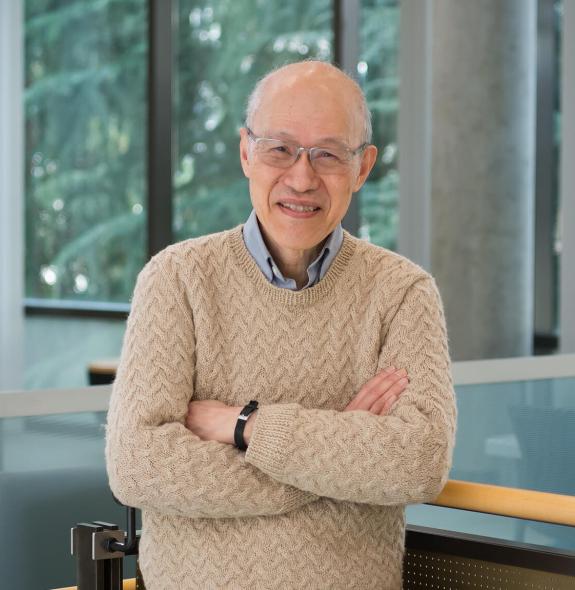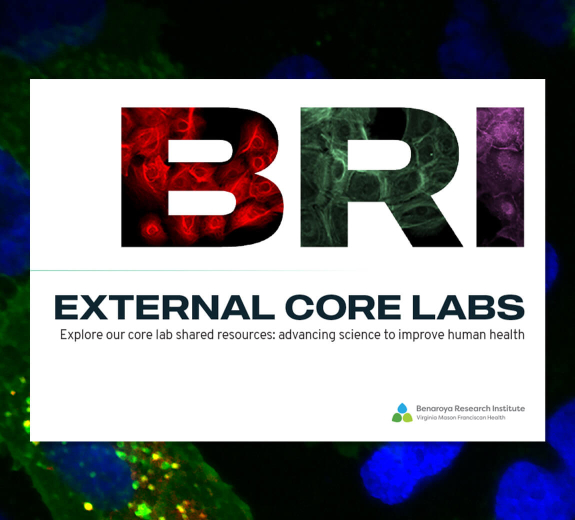Faculty & Scientific Staff

Bill Kwok, PhD
Background Information
Dr. Kwok received his bachelor’s degree in Biochemistry from the University of Wisconsin. After completing his PhD in Biochemistry at the University of Washington in 1983, he remained in Seattle completing post-doctoral research work at the Fred Hutchinson Cancer Research Center before moving to the Virginia Mason Research Center (later renamed the Benaroya Research Institute at Virginia Mason), joining the laboratory of Dr. Jerry Nepom as a staff scientist in 1986. Since 1988, he has been a principal investigator at the Benaroya Research Institute. Dr. Kwok also oversees the operation of the BRI tetramer core.
Area of Research
Dr. Kwok's research projects are focused on understanding the behavior of human “helper” T cells. These cells are difficult to detect and isolate using traditional methods, but can be studied effectively using tetramers: synthetic protein conjugates that can be used to directly label T cells. These novel tetramer reagents provide a new approach for studying healthy immune responses directed against viruses and other pathogens and harmful immune responses that are the underlying cause of autoimmune diseases and allergy. Detailed studies using tetramers have increased our understanding of the biochemical patterns that activate the immune system. Knowledge of this kind will be critical for developing improved vaccines and targeted therapies to combat infectious diseases, allergy, autoimmunity and cancer.
Diseases currently being studied in the laboratory include peanut allergy, cat allergy, grass pollen allergy, type 1 diabetes, rheumatoid arthritis, Shingrix and COVID-19. Though most studies focus on epitope specific CD4+ T cells, there are also investigations in the area of epitope specific CD8+ T cells. The Kwok lab also works on new technologies in developing new generation of tetramer reagents and other approaches in interrogating epitope specific T cells.
Featured Publications
-
Cross-reactive and mono-reactive SARS-CoV-2 CD4+ T cells in prepandemic and COVID-19 convalescent individuals.
PLoS PathogJohansson AM, Malhotra U, Kim YG, Gomez R, Krist MP, Wald A, Koelle DM, Kwok WW -
Increased islet antigen-specific regulatory and effector CD4+ T cells in healthy individuals with the type 1 diabetes-protective haplotype.
Sci ImmunolWen X, Yang J, James EA, Chow IT , Reijonen H , Kwok WW -
A phenotypically and functionally distinct human TH2 cell subpopulation is associated with allergic disorders.
Sci Transl MedWambre E, Bajzik V, DeLong JH, O'Brien K, Nguyen QA, Speake C, Gersuk VH, DeBerg HA, Whalen E, Ni C, Farrington M, Jeong D, Robinson D, Linsley PS, Vickery BP, Kwok WW

BRI External Core Labs
BRI’s core laboratories are home to some of the most advanced scientific technologies available. These tools fuel breakthroughs in the lab and lead to advances in patient care. All BRI scientists, as well as scientists from outside of BRI, can access our core labs. Each lab is led by a field-expert who is available to support scientists as they leverage these tools and technologies.




